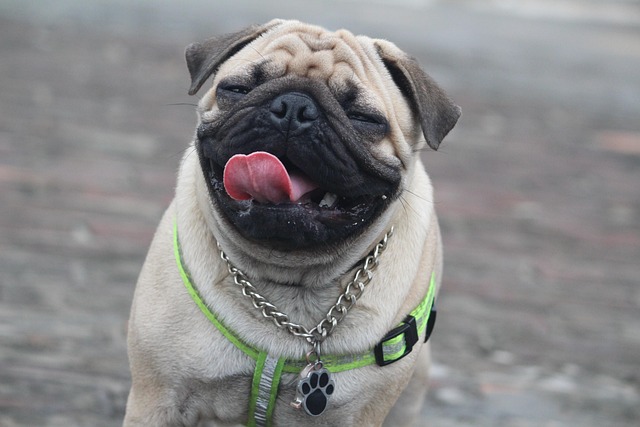
What dog breeds don't play fetch?
Some dog lovers assume every pup lights up at the sight of a tennis ball sailing through the air, but that’s far from the truth.
Anyone who’s shared years with a dog knows their personality feels like a fingerprint—playful, stubborn, or snuggly in ways that make them one of a kind. But as those gray hairs start to show around their muzzle, you might notice little shifts: maybe your once-energetic pup now prefers napping over fetch, or the shy rescue who hid from guests now curls up next to new friends. These changes aren’t random—they’re often tied to aging, but they don’t have to mean losing the dog you love.
It’s important to remember that some shifts might signal more than just time passing, especially with health in mind. Joint pain from arthritis could make a formerly active dog less willing to go for long walks, which might look like laziness instead of discomfort. In places where regular vet checkups are part of responsible pet care, catching these issues early can help keep their personality bright. Also, always stick to local laws about leashing and public access—even an older dog who’s never wandered needs supervision, since slower reflexes might make them more vulnerable outdoors.
 Cultural habits play a role too, like how many households include dogs in daily routines well into their senior years. Keeping your dog involved—whether it’s a short trip to the park or letting them be near family while you cook—can help maintain their confidence. Some dogs might become a bit more anxious as their senses fade, so keeping routines consistent (like feeding times or bedtime) helps them feel secure. It’s not about changing their personality, but adapting to their needs so they stay happy and engaged.
Cultural habits play a role too, like how many households include dogs in daily routines well into their senior years. Keeping your dog involved—whether it’s a short trip to the park or letting them be near family while you cook—can help maintain their confidence. Some dogs might become a bit more anxious as their senses fade, so keeping routines consistent (like feeding times or bedtime) helps them feel secure. It’s not about changing their personality, but adapting to their needs so they stay happy and engaged.
The key thing to remember is that aging brings changes, but not all of them are big or negative. Your dog might still greet you at the door with the same excitement, even if they take a little longer to get there. They might still love their favorite toy, even if they don’t play with it for hours. What matters most is noticing the small shifts, being patient, and making sure their golden years are filled with the same love and care you’ve always given them.
Your dog’s personality is still there—it might just wear a little differently with time. By staying attuned to their needs, following local guidelines for pet care, and keeping them connected to your daily life, you’ll keep that special bond strong, no matter how many years pass. After all, the love between a dog and their person doesn’t fade with age—it just gets deeper.

Some dog lovers assume every pup lights up at the sight of a tennis ball sailing through the air, but that’s far from the truth.

When your dog starts slowing down—taking shorter walks, napping more, or turning up their nose at their usual bowl—it may be time to consider switching from regular dog food to a senior formula.

It’s common to notice a shift in your dog’s routine as the years pass—maybe they’re less eager to chase the ball for hours or take longer naps after a short walk.

If you’ve noticed your pup struggling to climb the stairs or avoiding playtime they once loved, excess weight might be the culprit. More than half of U.S.

Finding a tick on your pup after a trip to the park or spotting flea dirt in their bed can ruin your day—and put your dog’s health at risk.

Anyone who’s shared years with a dog knows their personality feels like a fingerprint—playful, stubborn, or snuggly in ways that make them one of a kind.